In modern, fast-paced, industrialized society, individuals tend to view problems as obstacles to personal, academic, or professional success. Problems can become the primary focus of an individual’s thoughts, even to the point of overanalyzing and ruminating about a particular problem. By falling into this unproductive thought pattern, an individual is at a high risk of developing an anxiety or depressive disorder. However, a problem will not go away until the individual develops a realistic action plan and to implement these actions. This is the point at which an individual may become stuck in the problem and feels paralyzed from action. What is greatly desired is “the solution.” This fixation to finding the one correct solution can become “black-and-white” thinking, which is viewed in the psychological field as a cognitive distortion. When an individual can learn how to tap into one’s strengths derived from previous problem-solving actions, the mind can begin the brainstorming process of visualizing different solutions and staying present-oriented, rather than being rooted in a past-oriented mindset of when and why the problem occurred. Solution-Focused Therapy is a collaborative process between the client and therapist and is typically a brief process during which the client is guided in only thinking and talking about one’s options for taking action. The goal of Solution-Focused Therapy is to move the client forward in a short period of time and to assist the client with utilizing skills which have worked in the past while adding new, present-focused skills for the current problem. How is this done? The following strategies have been found to be very effective.

By design, the solution-building process is brief and forward-focused. “Brief” can mean as few as one to ten sessions, or the process may take longer, depending on the severity of the problem and on the client’s motivation. The process first focuses on identifying where the client wants to go (the solution), rather than trying to analyze the problem. For example, rather than trying to identify the cause of depression, the focus is on describing what life would look like without depression and then identifying the first small steps to move in that direction. Solution-Focused Therapy guides the client toward creating personalized and self-compassionate approaches which can revise and improve relationship narratives.
After a relatively brief assessment phase, solution-based counselors quickly move to the phase of encouraging the client to implement these small actions between sessions. The solution-based counselor also monitors the client’s accomplishments and challenges with each small action, which is very similar to behavior modification. The main goal is to help the client in progressing toward one’s identified solutions. Each of the client’s actions must be realistic and small enough to be achievable between sessions, such as calling a friend to go to lunch, exercising three days per week, or going on a date night with one’s partner. During most weeks, the client will leave the therapy session with some sort of homework assignment or task which involves taking action toward the identified solutions. An important part of the counselor’s role is to help motivate the client to take specific actions between sessions, and this requires working closely with the client to develop meaningful goals and tasks.

It is also common for the solution-focused counselor to allow and to encourage the client to text or to call between sessions, in order to maintain consistent guidance and support throughout this process. A less obvious part of this process is that, during each session, the solution-focused counselor uses guided questions and makes observations which are aimed to shift how the client thinks about one’s situation. This is done with the intention of moving the client away from a problem-focused mindset to a more autonomous and empowered mindset which includes a focus on one’s resources, abilities, possibilities, and the future. Solution-focused counselors also maintain an upbeat, hopeful attitude during each session. In the closing phase of the solution-focused process, the counselor works with the client to identify strategies for managing future problems using the client’s newly-acquired resources and strategies.

Solution-focused counselors assume that change is inevitable and that improvement, in any reasonable form, is always possible, and they clearly communicate this both verbally and nonverbally to the client. Their optimism and hope are grounded in their theory of what it means to be human and how people must learn to accept and to adapt to change, which is an inevitable part of human existence. Solution-Focused Therapy operates on the main premise that one’s moods, relationships, cognitions, and behaviors are in constant flux. Solution-Focused Therapy emphasizes the limited time and relational context in order to define the problem and implement small steps which the client can realistically accomplish and which are consistent motivating forces. This approach also uses the strategy of “channeling language.” While listening to the client’s story, both the client and the counselor transition toward identifying desired outcomes within one’s career, relationships, or other key aspects of one’s existence and then carefully choosing different words, both to other and to oneself. Channeling language is actually a very difficult skill to develop, because it requires a paradigm shift in how the counselor assists the client in cognitively reframing each problem into a starting point for intentional actions aimed at resolution, change, and acceptance.
Another effective strategy is “echoing,” during which the counselor carefully attends to the client’s word choice and echoes the client’s key words whenever possible. Using client language often makes the problem more “solvable” and creates a greater sense of hope. For many clients, “getting back to my old self” is a more attainable goal than treating a “psychiatrically defined” problem. Unlike most forms of counseling, Solution-Focused Therapy primarily involves conceptualizing “where to go from here” (i.e., the solution), rather than “where I have been” (i.e., the problem). The solution, or where to go, is the focus of assessment, as opposed to analyzing the problem. This does not mean that the past is ignored. Instead, it is discussed only to develop the appropriate actions and words aimed at the potential solution. The client’s motivation for change is a key factor for allowing this process to work.

Through Solution-Focused Therapy, you can choose, no matter how much pain and turmoil you may have experienced or are currently experiencing, to regain control of your daily actions and to fully utilize what you DO have, such as your free will, intelligence, personality strengths, health, and supportive people in your life. You can also free yourself of negative and past-oriented thoughts. If you live without the fear of working through hardships and disturbing emotions, you can learn how to be the wise observer of all circumstances along your life’s path. Then there will be little space for toxic thoughts and emotions. Solution-Focused Therapy creates the necessary actions which enable you to discover your true strength and resilience in getting through and beyond life’s challenges. You can learn to perceive any event which arises as an opportunity for growth. When you learn how to focus on your spiritual path and to not take others’ actions as your fault, you can learn to love and to prioritize yourself and to never internalize the poison of others’ actions. Whatever arises can be handled with the tools you already possess. Accept fear, confusion, disappointment, and sadness as part of the bigger picture of your life. Each moment is all that any human being can control. You, in each small moment, have the opportunity and the power to learn and to grow.


